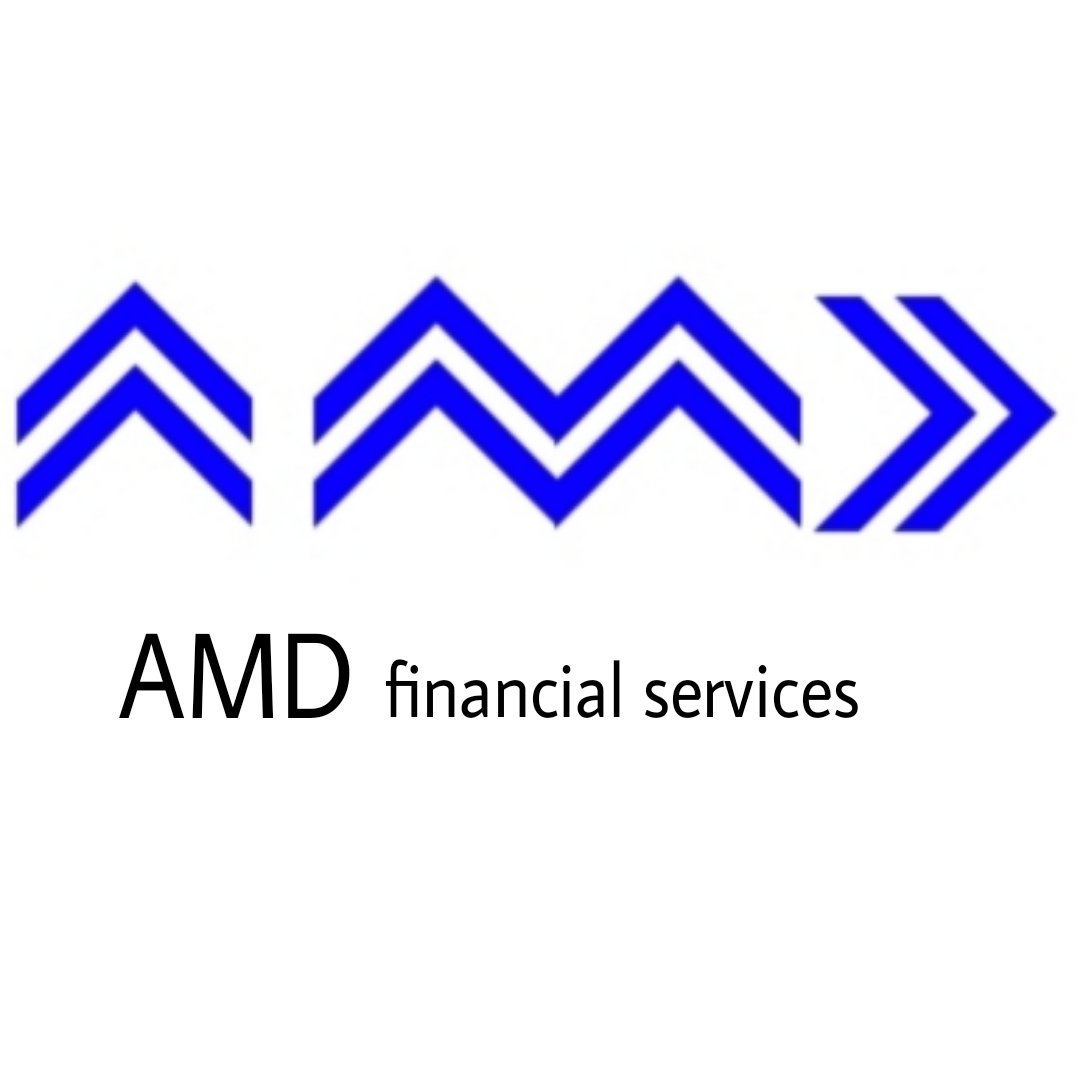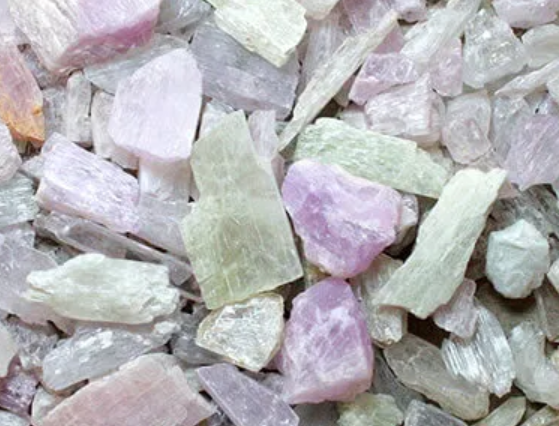The title of this article may sound ambitious, but again, it is not impossible.
Zimbabwe has recently approved a proposal by a group of Chinese investors to establish a US$2.83 billion battery-metals park that will process metals including lithium, platinum and nickel. The project, dubbed the Zimbabwe Lithium and Metals Park (ZLMP), is expected to create a lot of jobs, generate foreign exchange earnings, boost value addition and diversification of the mining sector, and enhance the country’s industrial development.
But since this is lithium, in this "green energy age," will one be considered greedy if they want more than just “jobs”? What of setting up the whole financial infrastructure locally, like diamonds are to Antwerp, currencies to London, Oil to Riyadh? Lithium to Gweru anyone?
Lithium is widely regarded as the “white gold” of the 21st century, as the global demand for clean energy and mobility is expected to soar in the coming decades. It is a key component of batteries for electric vehicles and renewable energy storage.
According to the US Geological Survey, Zimbabwe has the world’s fifth-largest lithium reserves, estimated at 1.6 million tonnes. The country also has significant resources of other battery metals, such as nickel, cobalt and manganese. These metals are essential for the manufacture of high-performance batteries that can store more energy, last longer and charge faster.
The ZLMP will be located in the Midlands province, which hosts most of the country’s lithium deposits and other mineral resources. The park will include lithium-salt and nickel-sulphate plants, a nickel-chromium alloy smelter, a platinum-group metals refinery, a solar power plant, a battery manufacturing plant and a research and development center. The park will also have a special economic zone status, which will grant it various incentives and concessions to attract more investors and facilitate trade.
For the ZLMP to be a “game-changer for Zimbabwe’s economy” surely the project has to go above and beyond. What of pursuing the potential to lead, via a common organisation, in this green energy era, much like how the Organisation of the Petroleum Exporting Countries (OPEC) have dominated the energy sector in this dying era of fossil fuels?
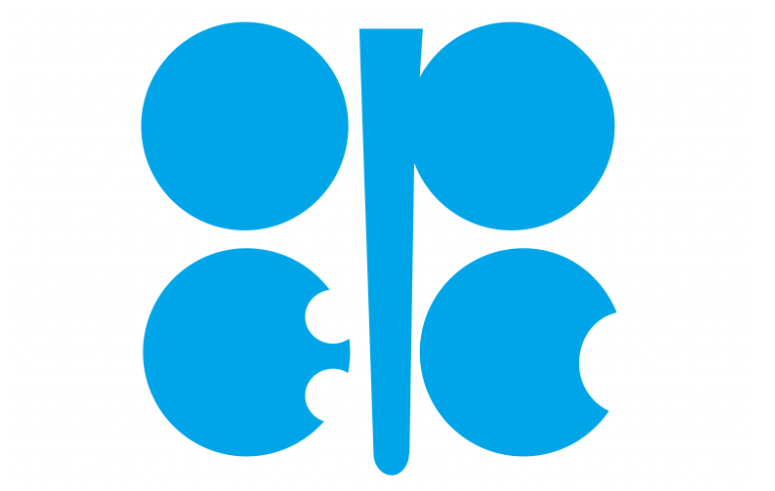
OPEC (Organization of the Petroleum Exporting Countries)
OPEC consists of 13 oil-producing countries that collectively account for about 30% of global oil production and 80% of proven oil reserves. It has often used its market power to influence oil prices and supply levels, affecting the economies of both oil-importing and oil-exporting countries.
It goes without saying that OPEC’s influence has been declining in recent years, due to several factors such as the rise of alternative energy sources (such as natural gas and renewables), the increasing efficiency and conservation of energy use (such as electric vehicles and smart grids), and the growing awareness and concern about the environmental and social impacts of fossil fuels (such as climate change and human rights violations), and we can add to this list the emergence of new oil producers (such as the US shale industry).
As the world transitions to a low-carbon economy, battery metals such as lithium are expected to play a vital role in providing clean and sustainable energy solutions. According to Bloomberg, the global demand for lithium-ion batteries will increase by more than tenfold by 2030, reaching 1.9 terawatt-hours (TWh) per year!
This will require a massive expansion of battery metal production and supply chains, creating new opportunities for countries like Zimbabwe that have abundant resources of these minerals.
If ever there was a 'perfect time' for Zimbabwe to take this initiative further and spearhead an organisation similar to OPEC, then this would be now. Such an entity (let us call it Lithium Exporting Countries - LITEC- for now) could include all major lithium producers.
Of course, forming such an entity would not be easy or straightforward. It would require a lot of political will, diplomatic skill, economic rationality, legal clarity, technical expertise and institutional capacity. It would also face a lot of challenges and risks, such as market volatility, price fluctuations, supply disruptions, demand uncertainties, competition from other sources, technological innovations, regulatory changes, geopolitical tensions and ethical dilemmas.
There will be as well a requirement for extensive consultation and coordination with other stakeholders, such as governments, regulators, investors, financiers, manufacturers, consumers, civil society and international organisations. But the more daunting the task the sweeter the victory. Or could the country be “punished” for even attempting this and later endure throes of triumph for its endeavour?
But considering how dire the nation's economic need is and how strategic that could be, the country can take the lead and initiate the dialogue and the process of creating LITEC, in light of her endowment. The potential to reap the rewards of being a pioneer and a leader in the global battery metals market can not be over emphasised. This surely would inspire other countries with similar resources to join the organisation and benefit from the collective action and bargaining power.
As it turns out, the country could also set an example for other commodity producers to form their own organizations and cooperate for mutual benefit. Of which Zimbabwe, well blessed in major strategic minerals as she is, could be a player in a majority of them in one capacity or another.
On the capital markets front, what should the country be actively working on, with similar vigour as it is doing on the ZLMP project?
The Zimbabwe Stock Exchange (ZSE) can be incentivised to facilitate equity financing by listing the shares of ZLMP or its subsidiaries on its main board or alternative board. It could also facilitate debt financing by listing the bonds or debentures of ZLMP major players, or its subsidiaries, on its fixed income board.
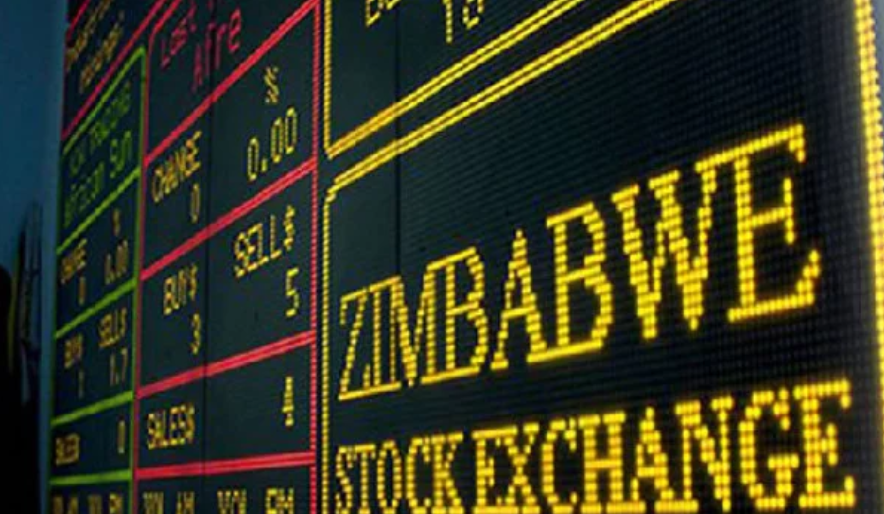
The Zimbabwe Stock Exchange, or ZSE, is the official stock exchange of Zimbabwe
For foreign exchange thirsts, the Victoria Falls Stock Exchange (VFEX) will equally need to be activated to facilitate equity financing by listing the shares of ZLMP or its subsidiaries on its main board or alternative board in foreign currency while also facilitating foreign exchange equity and debt financing too.
Then there is the Zimbabwe Mercantile Exchange (ZMX).
This new baby on the block will need to be capacitated for commodity financing by providing a platform for trading warehouse receipts issued by ZLMP or its designated warehouses for lithium and other battery metals, which is above and beyond its current mandate to market agro-based commodities.
The ZMX can be modelled along the lines of the Chicago Mercantile Exchange and include lithium as the keystone commodity counter in that market. The Chicago Mercantile Exchange (CME) is one of the world’s largest and most diverse derivatives marketplace, offering futures and options contracts for various commodities, currencies, interest rates, equities, indices and cryptocurrencies. The CME provides a platform for price discovery, risk management, hedging, speculation, arbitrage and clearing for its participants.
The ZMX can emulate the CME by expanding its product offerings to include futures and options contracts for lithium and other battery metals, as well as other commodities that are relevant to Zimbabwe’s economy, such as gold, platinum, nickel, coal, maize, wheat, cotton and tobacco. This will enhance its infrastructure, technology, regulation and governance to ensure efficiency, transparency, security and integrity of its operations.
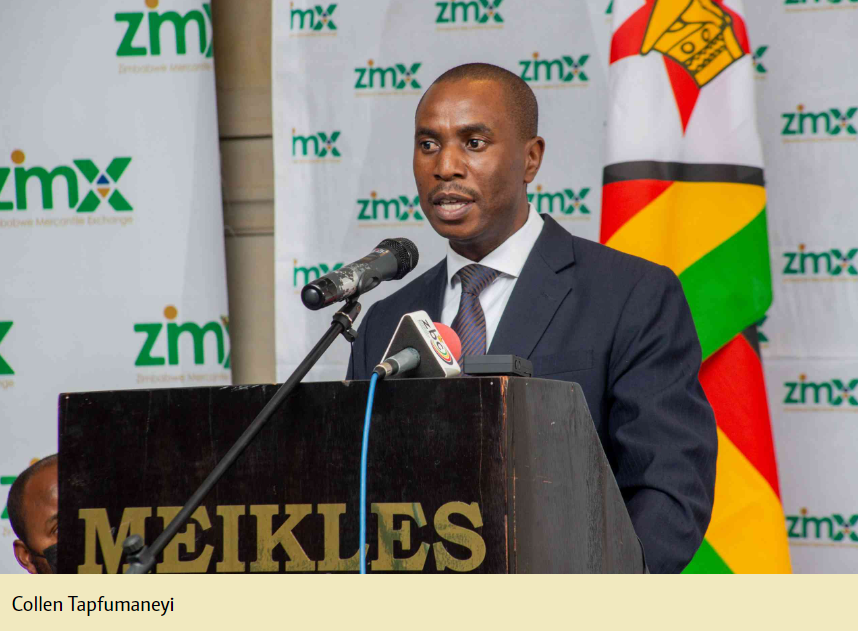
ZMX CEO Speaking at one breakfast meeting recently
The ZMX can benefit from including lithium as the keystone commodity counter in that market by capturing the growing demand and supply of lithium and other battery metals in Zimbabwe and beyond. The ZMX can also benefit from providing a platform for price discovery, risk management, hedging, speculation, arbitrage and clearing for lithium and other battery metals producers, processors, traders, consumers and investors.
All this will provide the country with an unmitigated marketing infrastructure beyond equity and financing but also for direct trading of the physical commodities, forward contracts, futures contracts or options contracts for lithium and other battery metals.
Combined, the country’s capital markets can benefit from this move by generating revenues from fees, commissions, interest payments and dividends from equity financing, debt financing and commodity financing.
For interest sake, I went through the top potential listed companies that will be impacted positively by the coming on line of ZLMP, both in the short and long term.
The currently listed companies on the ZSE and VFEX who “may” benefit from this ZLMP project are:
Bindura Nickel Corporation (BNC):
Revenue: $36.4 million (FY 2022)
Profit: $9.7 million (FY 2022)
EPS: 0.38 cents (FY 2022)
Dividend: Nil (FY 2022)
Market capitalization: $1.1 billion (ZSE) / $137.5 million (VFEX).
BNC is a mining company that produces nickel concentrate from its Trojan mine in Bindura. BNC is listed on both the ZSE main board (BIND) and the VFEX main board (BNC). BNC may benefit from this ZLMP project as nickel is one of the battery metals that will be processed at the park. BNC may also benefit from this ZLMP project as it may provide a market for its nickel concentrate and offer competitive prices and quality.
Prospect Resources Limited (PRL):
Revenue: $0.3 million (FY 2022)
Loss: $6.9 million (FY 2022)
EPS: -0.54 cents (FY 2022)
Dividend: Nil (FY 2022)
Market capitalization: $1.3 billion (ZSE) / $162.5 million (VFEX).
PRL is a mining company that owns the Arcadia lithium project near Harare, which is one of the largest hard rock lithium deposits in Africa. PRL is listed on both the ZSE main board (PRSL) and the VFEX main board (PSC). Equally, PRL may benefit from this ZLMP project as lithium is the main battery metal that will be processed at the park. This ZLMP project will certainly provide a market for its lithium concentrate and offer competitive prices and quality.
RioZim Limited (RIOZ):
Revenue: $164.6 million (FY 2022)
Profit: $18.4 million (FY 2022)
EPS: 14.55 cents (FY 2022)
Dividend: Nil (FY 2022)
Market capitalization: $4.6 billion (ZSE) / $575 million (VFEX).
RIOZ is a diversified mining company that produces gold, diamonds, coal and base metals from its various operations in Zimbabwe. Their counter is listed on both the ZSE main board (RIOZ) and the VFEX main board (RIO). The company produces some of the battery metals that will be processed at the park, such as cobalt and manganese and has a very rich history from its operations in other countries that it can be leveraged to enable Zimbabwe to be a one stop shop/market for the various commodities it also produces elsewhere benefiting the country and itself immensely, as other players may be coerced by efficiencies and prices to also market their in the same market.
Zimbabwe has taken a bold and visionary step to position itself as a major player in the global battery metals market, by approving a proposal by a group of Chinese investors to establish a $2.83 billion battery-metals park that will process metals including lithium, platinum and nickel.
But what if Zimbabwe does not stop there? Can we dare to dream of it challenging the dominance of OPEC, the oil cartel that has been the main supplier of energy to the world for decades, by spearheading an organisation similar to OPEC but composed only of lithium producers?
Needless to say, this will require a lot of political will, diplomatic skill, economic rationality, legal clarity, technical expertise and institutional capacity. It will also face a lot of market volatility, price fluctuations, supply disruptions, demand uncertainties, competition from other sources, technological innovations, regulatory changes, geopolitical tensions and ethical dilemmas.
It will also require a lot of consultation and coordination with other stakeholders, such as governments, regulators, investors, financiers, manufacturers consumers, civil society and international organisations.
As a bold and daring move, this will shake up the world’s energy market and usher in a new era of clean and sustainable energy, with a centre in Africa, if allowed to see the light of day. Zimbabwe must be ready to lead the green energy revolution with its white gold, lithium. And why not?
But, sadly, we all know… why not.
